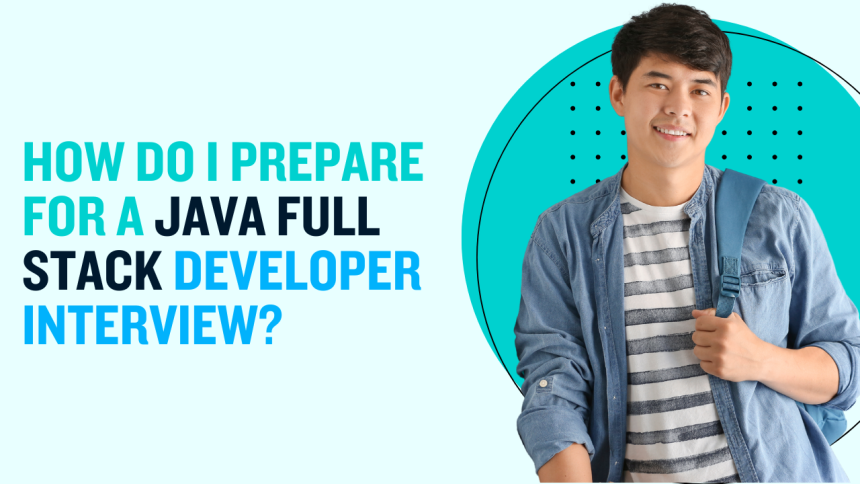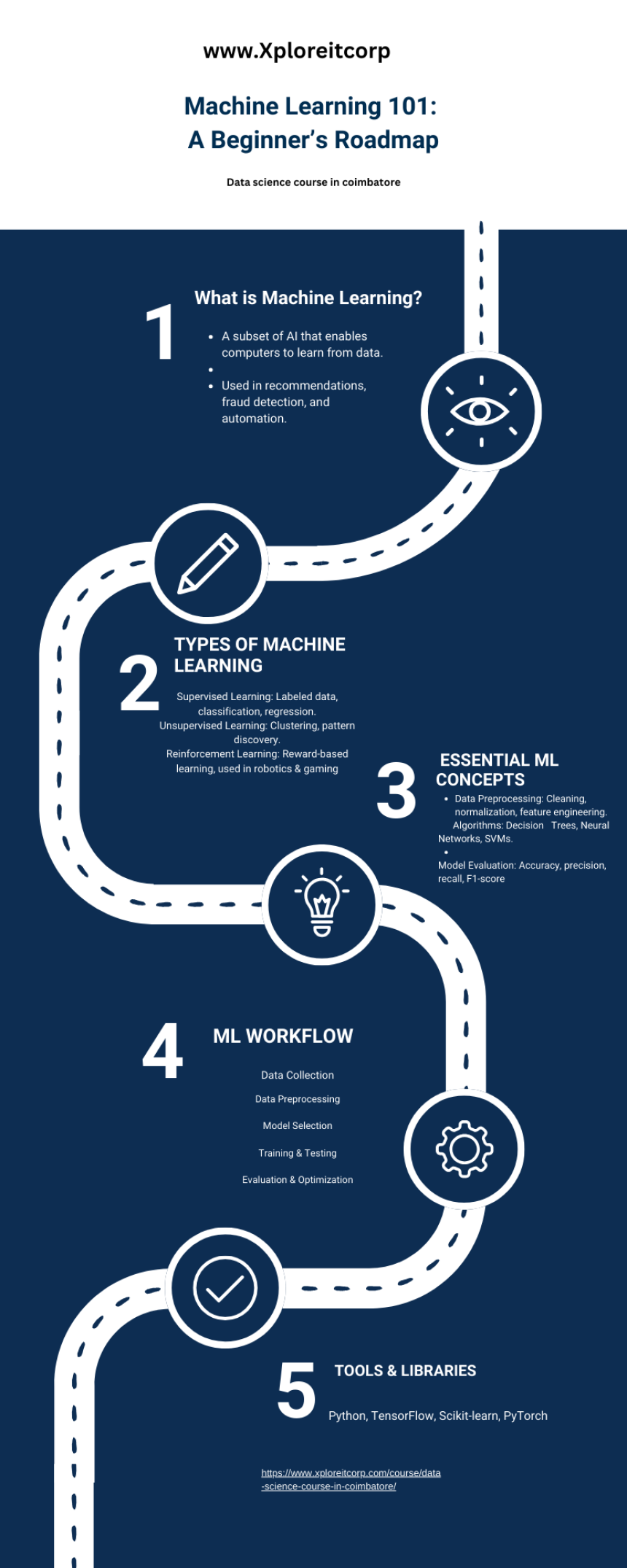
Ace Your Java Full Stack Developer Interview: Expert Tips and Strategies
Are you gearing up for a Java full stack developer interview? As the demand for versatile developers continues to rise, mastering both front-end and back-end technologies has become crucial in today's competitive job market.
Are you gearing up for aJava full stack developer interview? As the demand for versatile developers continues to rise, mastering both front-end and back-end technologies has become crucial in today's competitive job market. This comprehensive guide will walk you through the essential steps to prepare for your upcomingJava Full Stack Developer Interview, ensuring you're well-equipped to showcase your skills and land that dream job.
Before diving into interview preparation, it's essential to grasp the scope of a Java full stack developer's responsibilities. These professionals are expected to handle both client-side and server-side development, making them valuable assets to any development team.
To excel in your interview, you'll need to demonstrate proficiency in various technologies across the full stack:
- Java Core and Advanced Concepts
- Spring Framework (including Spring Boot)
- Hibernate ORM
- RESTful Web Services
- JavaScript and popular frameworks (e.g., React, Angular, or Vue.js)
- HTML5 and CSS3
- Database Management Systems (e.g., MySQL, PostgreSQL)
- Version Control Systems (e.g., Git)
Crafting Your Preparation Strategy
Begin your preparation by honestly evaluating your strengths and weaknesses across the full stack. This self-assessment will help you prioritize your study efforts and focus on areas that need improvement.
Develop a comprehensive study plan that covers all aspects of full stack development. Allocate time for each technology, ensuring you dedicate extra hours to your weak points. Remember to include practical coding exercises and projects in your schedule to reinforce your learning.
As a Java full stack developer, your foundation in core Java must be rock-solid. Interviewers often start with basic questions to gauge your fundamental knowledge before delving into more complex topics.
- Object-Oriented Programming principles
- Java Collections Framework
- Exception Handling
- Multithreading and Concurrency
- Java 8+ features (Lambdas, Streams, Optional, etc.)
Diving Deep into Spring Framework
The Spring Framework is a cornerstone of Java enterprise development. Make sure you're well-versed in its core concepts and various modules.
- Dependency Injection and Inversion of Control
- Spring MVC architecture
- Spring Boot for rapid application development
- Spring Security for authentication and authorization
Mastering Front-End Technologies
As a full stack developer, your proficiency in front-end technologies is equally important. Focus on honing your skills in modern JavaScript frameworks and responsive web design.
- JavaScript fundamentals and ES6+ features
- React.js or Angular for building dynamic user interfaces
- RESTful API integration
- Responsive design principles using HTML5 and CSS3
Database Management and ORM
Demonstrate your ability to work with databases and Object-Relational Mapping (ORM) tools, as these are crucial for data persistence in full stack applications.
- SQL fundamentals and advanced queries
- Database design and normalization
- Hibernate ORM for Java persistence
- JPA (Java Persistence API) concepts
Practical Preparation Techniques
One of the most effective ways to prepare for your Java full stack developer interview is by working on real-world projects. This hands-on experience will not only reinforce your skills but also provide concrete examples to discuss during your interview.
- E-commerce platform with user authentication and product management
- Task management application with RESTful API and real-time updates
- Social media dashboard integrating multiple third-party APIs
Practicing Coding Challenges
Many interviews include coding challenges or whiteboard exercises. Sharpen your problem-solving skills by regularly practicing on platforms like LeetCode, HackerRank, or CodeSignal.
Focus Areas for Coding Challenges:
- Data Structures and Algorithms
- Time and Space Complexity Analysis
- Design Patterns relevant to Java development
Mock Interviews and Peer Review
Simulate the interview experience by participating in mock interviews with peers or mentors. This practice will help you become more comfortable articulating your thoughts and explaining your problem-solving approach.
Be ready to answer a wide range of technical questions covering various aspects of full stack development. Here are some examples:
- Explain the differences between abstract classes and interfaces in Java.
- How does Spring's Dependency Injection work?
- What are the benefits of using Hibernate over JDBC?
- Describe the lifecycle of a React component.
- How would you optimize the performance of a Java application?
Scenario-Based Questions
Interviewers often present real-world scenarios to assess your problem-solving skills and approach to development challenges. Practice articulating your thoughts clearly and concisely.
- Designing a scalable microservices architecture for a high-traffic application
- Implementing secure user authentication and authorization in a web application
- Optimizing database queries for improved performance in a large-scale system
Behavioral Questions
Don't forget to prepare for behavioral questions that assess your soft skills and cultural fit within the organization.
- Describing a challenging project you've worked on and how you overcame obstacles
- Explaining how you handle conflicts within a development team
- Discussing your approach to learning new technologies and staying updated in the field
Showcasing Your Expertise
Compile a strong portfolio showcasing your best full stack projects. Be prepared to discuss the technologies used, challenges faced, and your specific contributions to each project.
- Include diverse projects demonstrating your full stack capabilities
- Provide clear documentation and explanations for each project
- Highlight any unique or innovative solutions you've implemented
Contributing to Open Source
Consider contributing to open-source projects related to Java full stack development. This demonstrates your ability to work collaboratively and showcases your code to potential employers.
As your Java full stack developer interview approaches, take these final steps to ensure you're at your best:
- Review your projects and be prepared to discuss them in detail
- Brush up on recent developments in Java and related technologies
- Prepare thoughtful questions to ask your interviewers about the role and company
During the Interview
Remember to stay calm and confident during your interview. Listen carefully to questions, take a moment to gather your thoughts before responding, and don't hesitate to ask for clarification if needed.
Preparing for a Java full stack developer interview requires dedication, practice, and a comprehensive understanding of both front-end and back-end technologies. By following this guide and consistently honing your skills, you'll be well-prepared to showcase your expertise and land that coveted position. Remember, the key to success lies not just in technical proficiency but also in your ability to communicate effectively and demonstrate your passion for full stack development.
As you continue your preparation, stay curious and keep pushing the boundaries of your knowledge. The world of Java full stack development is constantly evolving, and showing your enthusiasm for learning and adapting will set you apart from other candidates. Good luck with your upcoming interview!
- Q: What are the most important skills for a Java full stack developer?
A: Key skills include proficiency in Java, Spring Framework, JavaScript frameworks (like React or Angular), databases, and RESTful API development.
- Q: How can I prepare for coding challenges in the interview?
A: Practice regularly on coding platforms, focus on data structures and algorithms, and work on real-world projects to improve your problem-solving skills.
- Q: What kind of projects should I include in my portfolio?
A: Include diverse projects that demonstrate your full stack capabilities, such as web applications with both front-end and back-end components, RESTful APIs, and database integration.
- Q: How do I explain my problem-solving approach during the interview?
A: Clearly articulate your thought process, break down the problem into smaller steps, and explain your reasoning for choosing specific solutions or technologies.
- Q: What questions should I ask the interviewer?
A: Inquire about the team structure, development methodologies, opportunities for growth, and current challenges the company is facing in their technology stack.




